Why ocean cleanup projects face criticism
by Shadi Rachid
Environmental matters are taking more and more of our political, social and everyday discussions. With the rise in the popularity of sustainable topics, a rise in the number of causes, foundations, NGOs and funds is being noted. One issue that has gained popularity recently is the need to clean up the ocean. The biggest players here are “The Ocean Cleanup” and “4ocean“, which sell you bracelets, not without criticism.
A quick search on google or youtube will yield tens and tens of articles and emotional videos urging people to donate and act to remove plastic waste from the seas. Well unfortunately, we should NOT be focusing on cleaning up the ocean.
Why are we discussing cleaning the ocean?
The need to clean the ocean is usually justified by large numbers and sad photos. We are faced with facts that we cannot process such as: 5.25 trillion pieces of plastic are estimated to be in the oceans, 100,000 Marine animals and a million sea birds die by ingesting or getting entangled in plastic. It is expected that 80,000 tons of plastic are found in the “Great Pacific Garbage Patch”. 4ocean state that they were founded by a couple of surfers that were astonished with viewing plastic on their trip to Bali Indonesia. They have collected millions of dollars and are happy to have collected about 5,000,000 pounds of plastic waste.
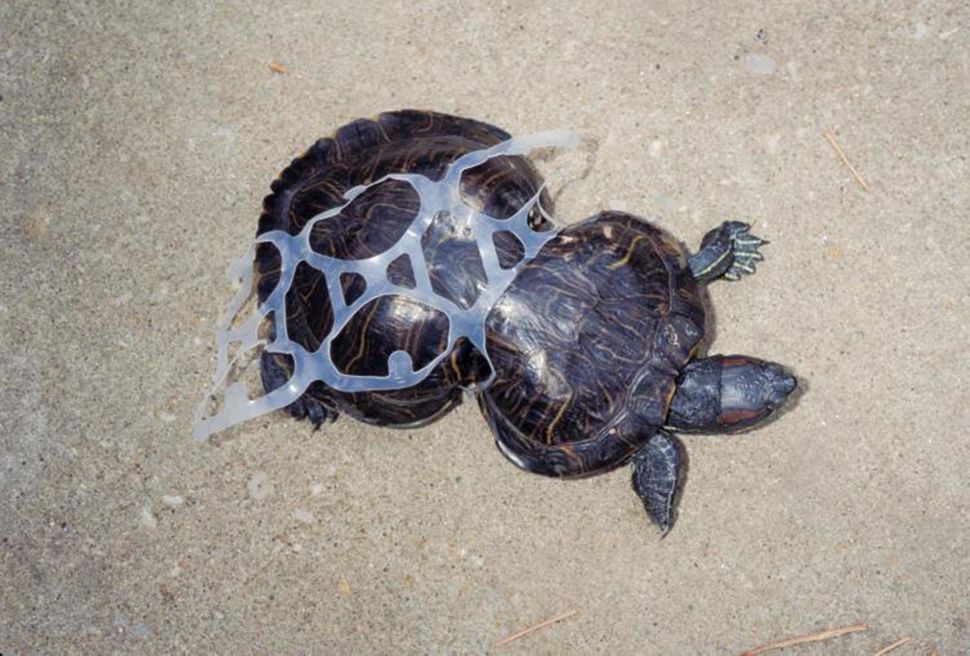
What is the criticism about ocean cleanup projects?
The call to refrain from cleaning up the ocean (for now) is not a call to distance ourselves from the reality of suffering animals. It is a call to be smart and scientific in our decisions to join and fund causes. It is a call to always attempt to truly understand a problem in a holistic manner from its root to all its implications.
First, lets put things into perspective:
• 80,000 tonnes of plastic are found in the “Great Pacific Garbage Patch”: 8 million tonnes of plastic are being dumped yearly in the ocean.
• “4ocean” have collected about 5,000,000 pounds of plastic waste since 2 years: 5,000,000 pounds translates to just around 2,268 tonnes. Their bracelets are sold for around $20 to fund the removal of only 1 pound of floating plastic waste!
• 5.25 trillion pieces of plastic: Waste is not really measured by number of pieces, but rather by volume or weight.
• 100,000 Marine animals and a million sea birds die by ocean plastic yearly: Humans hunt 2.7 trillion fish and marine animals per year in the wild, not considering farms.
Moreover, waste is not only plastic and not only solids. Waste is also chemicals, sewage, oil spills, agricultural residues, food, fertilisers and many more. All of these harm marine life and humans across the earth. The pollution in the ocean is not only that visible to surfers in their vacation getaway.
The actual fight is to tackle garbage not in the middle of the ocean
Around 2.12 billion tons of waste are dumped yearly into the oceans. “The Ocean Cleanup” promises to clean up 50% of the “Great Pacific Garbage Patch.”We should ask: which patch exactly? This year’s patch? Next year’s patch? The patch 10 years from now?
While some countries around the world are able to tackle their waste by different methods such as recycling, incineration, composting and anaerobic digestion, many other countries however, lack the technologies and the ability to do so. Across the world, in such countries that lack waste collection and management policies, waste is directly dumped into the oceans or the rivers leading to them. Even wastes dumped elsewhere in nature can still find their way into the oceans picked up by the water’s natural cycle.
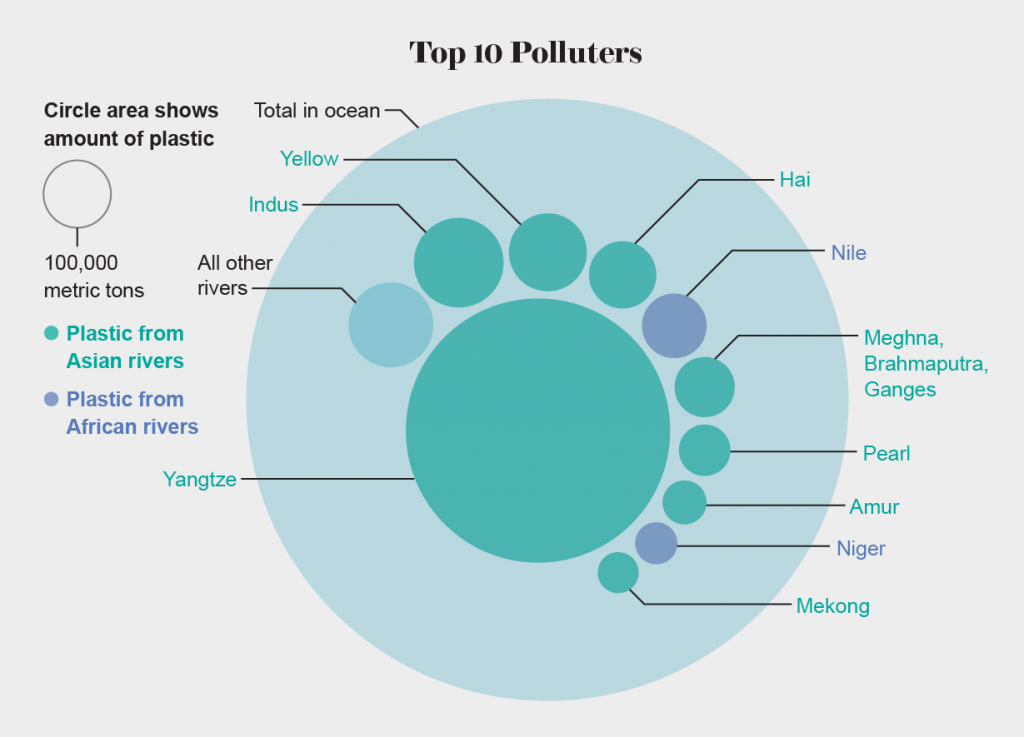
Above we can see the top 10 main rivers transporting plastic into the ocean yearly. These rivers are found in the countries of China (Yangtze, Indus, Yellow, Hai, Brahmaputra, Pearl, Amur, Mekong) , Pakistan (Indus) , Egypt (Nile), Sudan (Nile), Bangladesh (Meghna, Brahmaputra), India (Indus, Ganges, Brahmaputra), Guinea (Niger), Niger (Niger), Benin (Niger), Nigeria (Niger), Mali (Niger), Thailand (Mekong), Laos (Mekong), Myanmar (Mekong), Cambodia (Mekong), Vietnam (Mekong).
With or without the cleanups, should those countries along with the rest of the world continue adopting the same habits of dumping increasing amount of wastes, what would become of our oceans?
Can we play a role?
Of course! The best place to start is to inform yourself on the policies and waste management situation of your country. Get involved in putting pressure for adopting measures that would eventually allow for no wastes reaching the oceans. As shown above, tackling this issue is an international matter and cannot be limited to a certain country or organisation. Have a look at the countries that are contributing the most to the pollution of the oceans. Why haven’t they adopted the measures to prevent that from happening? Is there a way for us to do so? How can we ease the transport of technologies, measures and experiences from countries that have well tested waste management systems installed to the countries that haven’t yet?
What about everyday changes?
When it comes to waste management, we must always remember the “Waste Management Hierarchy”. The waste management hierarchy indicates the order by which we should act in order to reduce and manage waste. It looks something like this:
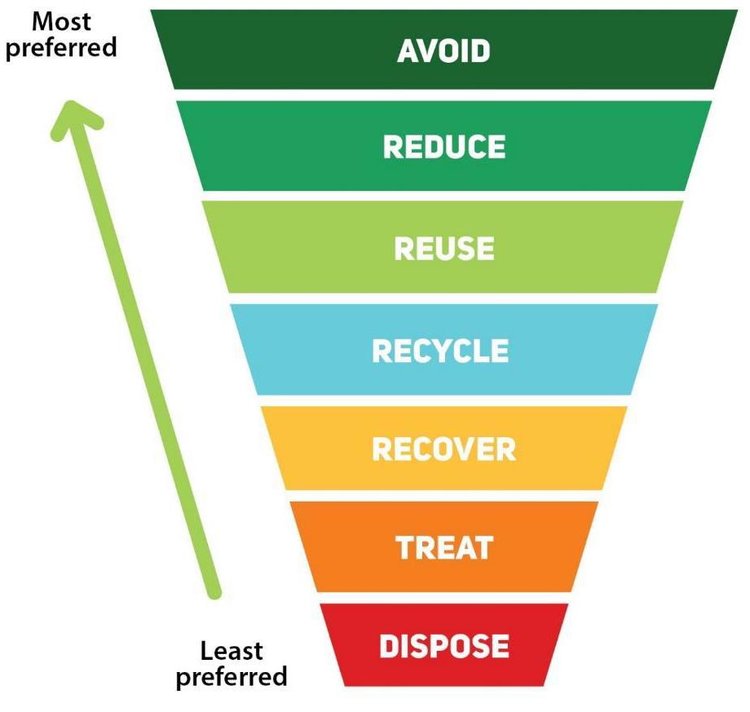
Children’s Scrapstore
The top 3 most preferred solutions are ones that the everyday consumer can easily participate in. In fact, they are the ones that mostly rely on the everyday consumer. Reduce! The best way you can participate in an efficient sustainable waste management plan is to produce less waste by monitoring your consumption. First, reduce your consumption in general, and specifically single use commodities and plastics. Then, check for options of reusing the item before disposing of it. Jars, bottles, bags, rubber bands, clothes, appliances and many many more items are being transformed into waste before fully being utilised. Now and more than ever, we must be smart in acting. Too much is at stake for us not to.

Shadi Rachid is a renewable energy engineer eager to spread awareness on environmental and sustainability matters.
Get involved yourself for the environment & clean oceans
You don’t want to simply rest from the criticism of ocean cleanup projects like those of 4ocean or The Ocean Cleanup, but do something yourself? Then find a cleanup, zero-waste or conservation project on vostel.de now.

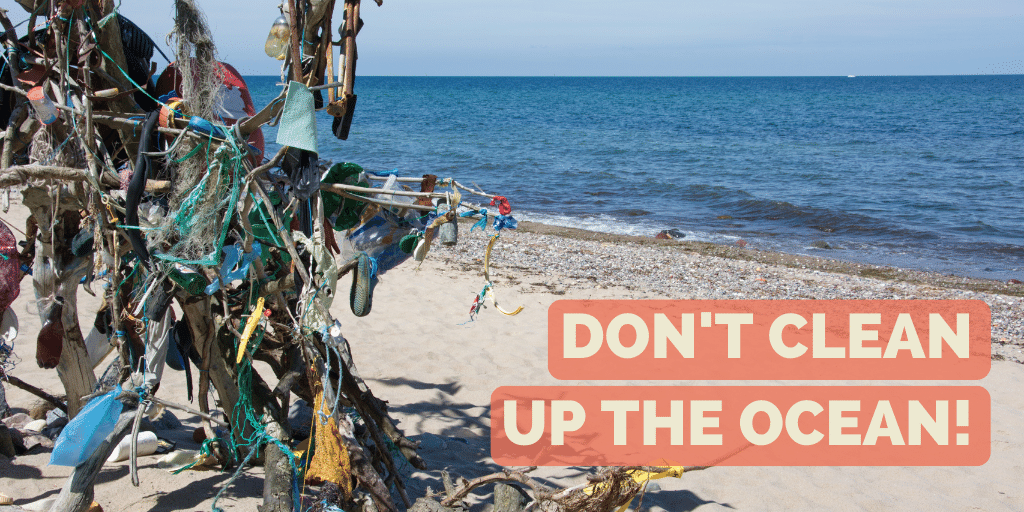


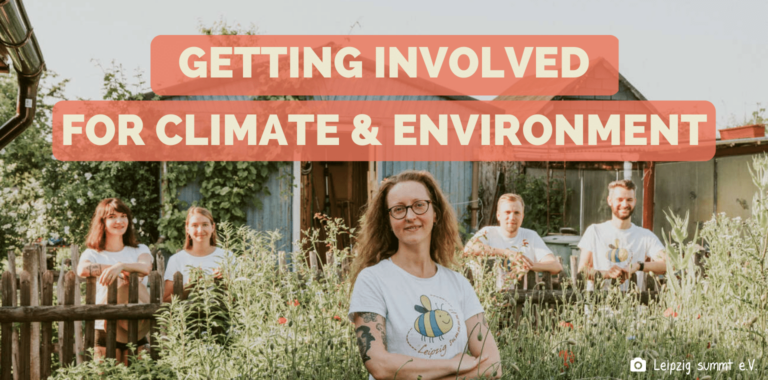

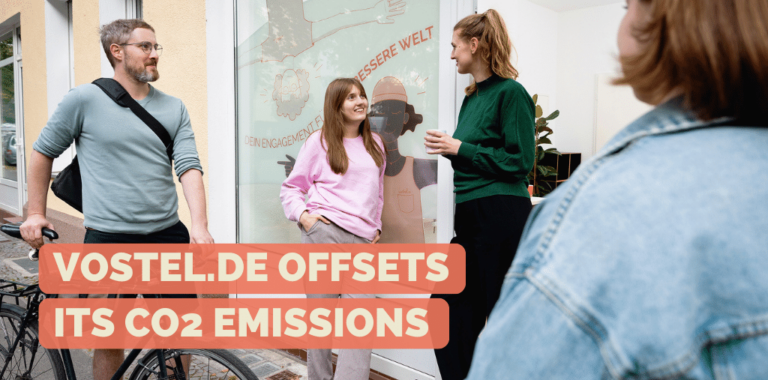
Well said Shadi.
He indeed said it well!
Thank you very true and insightful.
Thank you for your positive review 🙂
no. you should clean up the ocean.
Have you read the article yet?
Well then, where can the average entitled citizen donate? where is a good place to put funds?
We think this is mainly in the hands of our state governments. A good way to influence them is to sign petitions and get involved with organisations like avaaz.org!
This is a great article to make you think about stopping the problem before it ever gets to the rivers and oceans. Thank you
Thank you Laura! The author will love to hear that 🙂
Great article
Thank you for your positive Feedback!
Thanks for the information and very useful 🙂